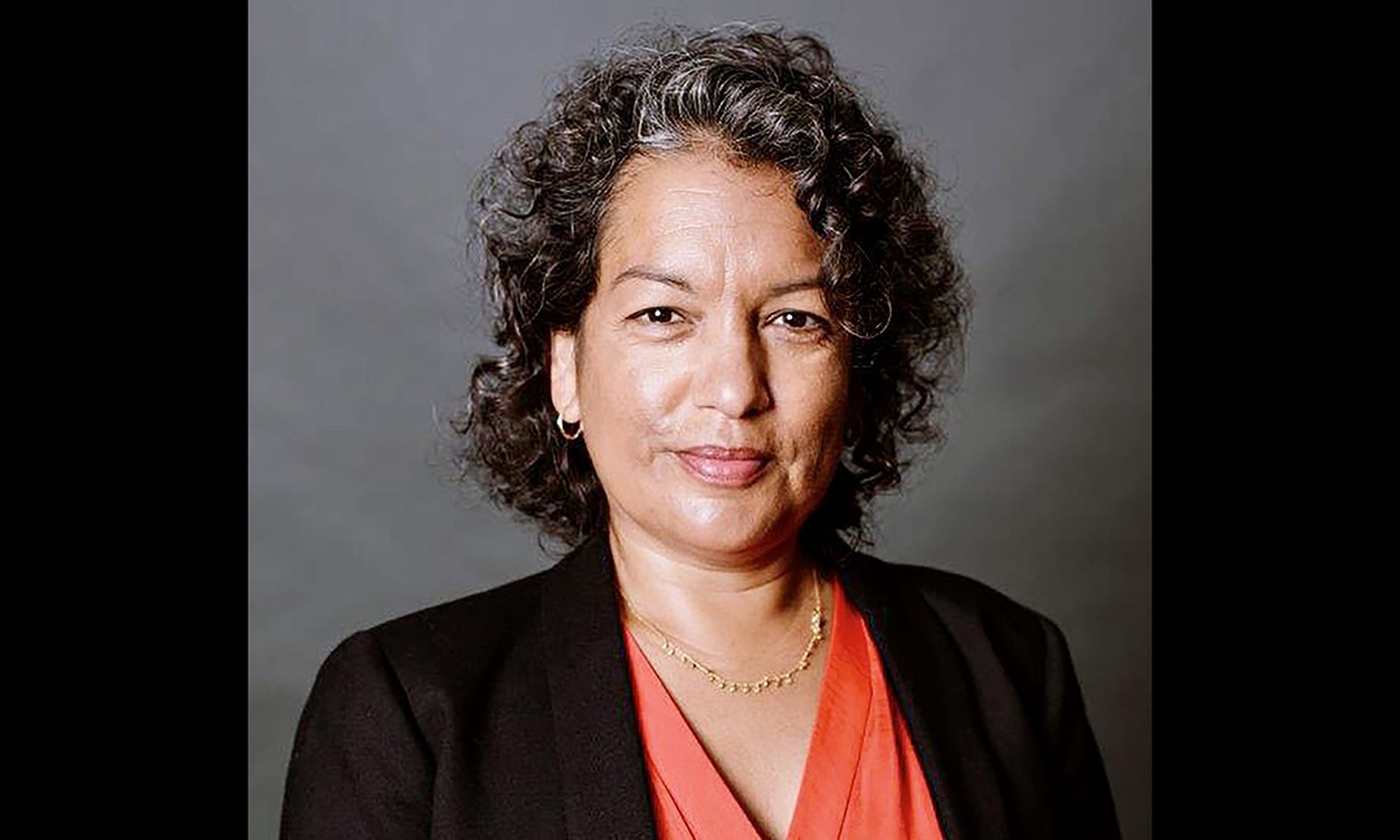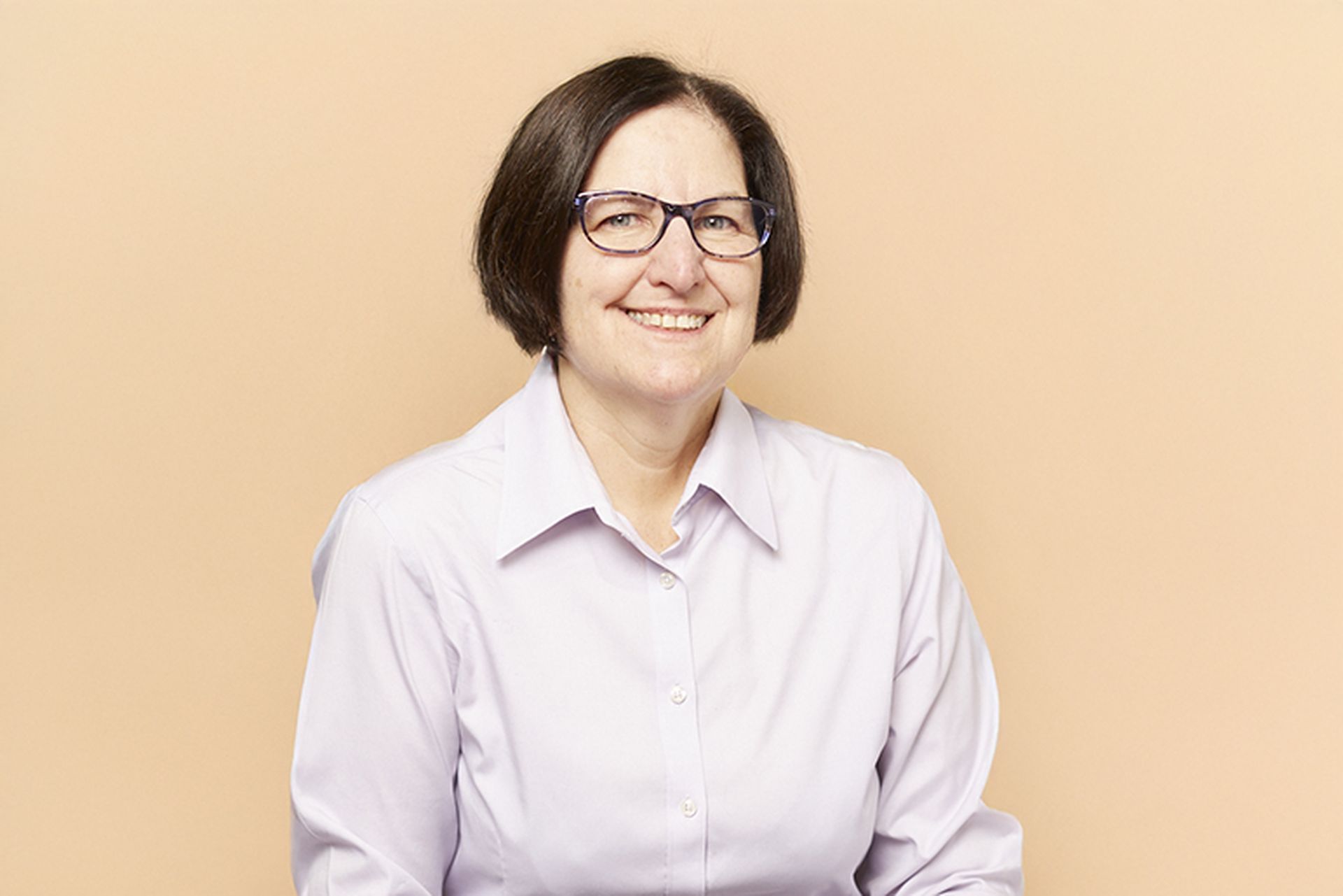Vanessa Pegueros pulls no punches: she leads by example, trusts her intuition, and refuses to be seen as anything but a competent leader who is not afraid to take risks.
A keen look at her career demonstrates her instinct, which has allowed her to seamlessly move from the telecom industry as a network design engineer with Pacific Bell and NexTel Communications to nine years in the cell phone industry with AT&T.
But it all started during her first job after earning a bachelor's in mechanical engineering from the University of California at Berkeley. Her direct manager recognized in her something Pegueros had not yet discovered about herself: the ability to manage people as an effective leader. He pushed her and provided opportunities for training to nurture those skills, including sponsoring Pegueros’ graduate education at Stanford University.
The opportunity, combined with her intuitive risk taking, enabled her to carve out her own path. Pegueros notes that much of her early decisions after receiving her master’s degree were self-directed, as she didn’t have many mentors during that time.
It was during the early ‘90s, when only the wealthy had portable phones: the ones carried in a bag. Pegueros had a sense that the tech would be much bigger in the future and made a concerted effort to break into the wireless space.
Click here for full coverage of the 2021 SC Media Women in IT Security
“I hit a lot of brick walls: it was the early '90s for venture capital, and there were no women or people of color really in that space,” she said. “It didn’t matter to me that I had a Stanford degree, that door was shut to me.” Being judged immediately is one of the largest challenges facing groups in cyber, and it’s happened throughout Pegueros’ career.
“People judge us when they see us, and it’s happened to me many times. People don’t assume you’re the boss. They don’t assume you’re the leader. They don’t assume you have the knowledge, or that you didn’t go to a top-notch school,” she explained. “It doesn’t bother me, but the reality is my experience.”
The door that was open to Pegueros was in the wireless space, so she grabbed it and it became the launchpad for her career. How, then, did she become the chief trust and security officer of OneLogin?
Security was “presented to her” when she was at AT&T wireless, and when the door was cracked, she walked through it. A routine test of security by a third-party vendor discovered a lot of vulnerabilities on the network, and Pegueros was told that she was needed to fix the security issues. And in a split second decision, she jumped at the opportunity.
“Security is needed at every type of company, and it really allowed me the flexibility to break out of the telecommunication space,” she said. “Because wireless was not the big thing anymore. I was ready to explore. Little did I know that security would be the next big thing.”
When pressed, Pegueros stressed that she’s “not just a female leader in security, [she’s] a great security leader.” Women bring more to the role than ever, and the focus should be on intent and purpose. As a leader, she has a number of employees who are loyal and have followed her to new places of employment, fueled by building strong cohesion, communication, and collaboration.
Pegueros’ advice to underrepresented groups in cyber is both candid and powerful: Don’t just join a company because they’re looking to fulfill a quota to have just one person of color on the team, not unless you’re sure you can have an impact on culture and change people’s minds.
The other key, particularly in security, is to have an expertise. Find a niche that drives your passion and master that skill set, while looking for leaders who can help you along the way. As Pegueros sees it, everyone is born with a unique set of skills and something to contribute. The trick is to figure out what that is and how to work it into a livelihood.
“I tell young people and any people of color, just keep going. It's going to work out if you continue to drive forward. And rely on the people that can help you along the way,” said Pegueros. “You don't have to know everything, you just have to know something.”




